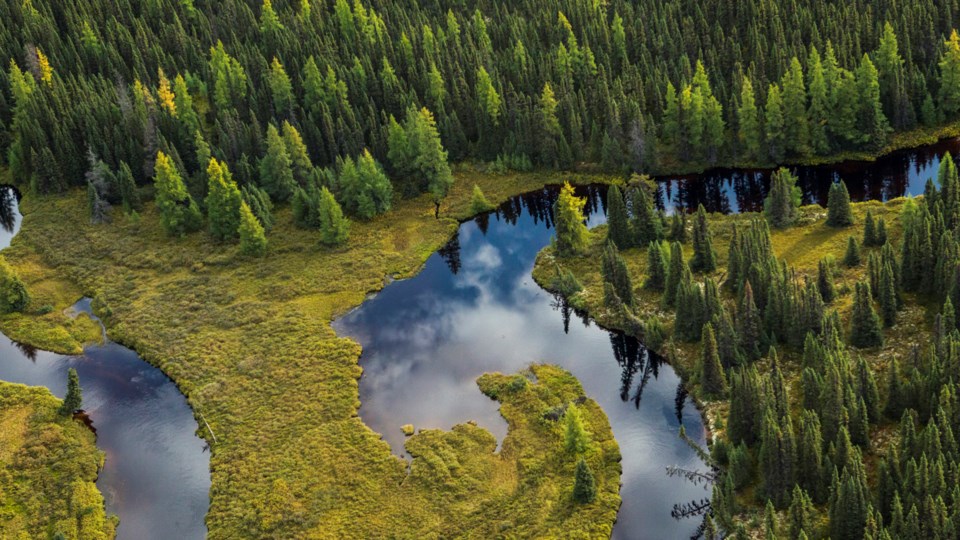The federal government is granting more than $440,000 to a Lakehead University researcher to study the impact of climate change on the boreal forest.
Han Chen, a professor in natural resources management at the Thunder Bay school, will spend the next three years working with researchers from Lakehead, the University of Alberta and the University of Winnipeg to examine how climate change has affected western-central boreal forests in Canada over the last 60 years.
The research funding comes from the Natural Sciences and Engineering Research Council of Canada.
The team will train PhD students who will help explore strategies to mitigate climate change stresses and assess the consequences of climate change on future wood supply.
"The boreal forest is vital to the livelihoods of millions of Canadians. Climate change is warming the boreal region at twice the rate of the global average and also altering precipitation patterns," Chen said in an Aug. 10 news release.
Concentrations of rising atmospheric greenhouse gases are recognized as among the greatest threats to the future of forests and the forest-related economy in Canada.
But it is unclear to what degree climate change has affected wood supply in the past and looking into the future.
The research project will devise mitigation strategies for coping with these concerns.
"There is a lack of knowledge to guide forest managers in mitigating climate change impacts, and that is where we can be of assistance," Chen said.
His team is collaborating with forest products manufacturers in western and central Canada.
"We will collect fresh measurements and use historic data from specific forest plots as well as economic data to assess the extent of forest changes during the past six decades," he said.
"This data will help us form a model of how the forest could change in the 21st century based on projected climate change scenarios."




